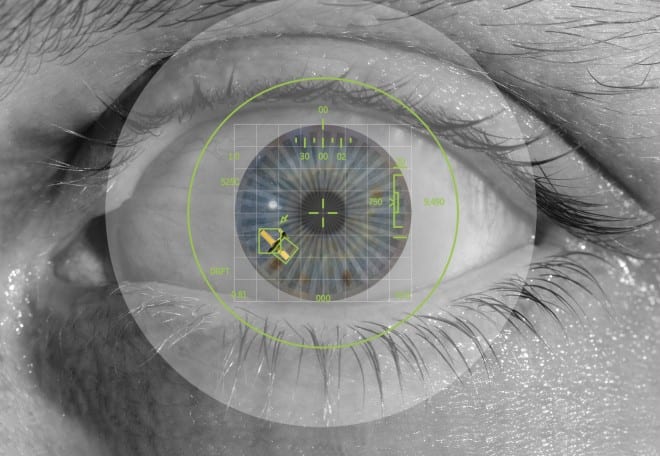New research holds promise for the thousands of people whose cancer has spread to their bones.
A common treatment for such patients is radiation surgery — even though very little is known about radiosurgery’s impact on bone strength, says Edmond Richer, associate professor of engineering at Southern Methodist University in Dallas.
Researchers now hope to conclusively establish the effects of radiation on human bone under a $596,000 grant from the National Institutes of Health. The 15-month grant will look at cervical fractures that sometimes occur six to eight months after stereotactic radiosurgery, called SRS, in patients with vertebral metastases.
SMU and UT Southwestern partnership
The researchers include Richer, the Robert C. Womack Endowed Chair of mechanical engineering and founder of the Biomedical Instrumentation and Robotics Laboratory in SMU’s Bobby B. Lyle School of Engineering, and Paul Medin, John Anderson and Joseph Zerwekh, professors at UT Southwestern Medical Center at Dallas.
The grant from NIH’s Neurological Disorders and Stroke Institute could transform treatment for patients with cancer metastases in the bone, as well as for millions with other bone diseases, such as osteoporosis, Richer says. According to the American Osteoporosis Foundation, an estimated 10 million Americans have the disease and 34 million more are at risk of developing it.
High fracture rate post-radiosurgery
Vertebral metastases occur in approximately 100,000 cancer patients annually, most of whom have major lung, breast, prostate, renal and myeloma malignancies, Richer says. SRS, considered a noninvasive procedure for treating spinal tumors, requires highly sophisticated instruments that deliver a precise amount of radiation to the targeted lesion.
A fracture rate of up to 39 percent has been reported in post-radiosurgery patients who receive high doses of radiation. The potentially devastating consequences of fractures include disabling pain, limited mobility and incontinence, Richer says.
“It’s a growing concern for radiology oncologists because there’s not much that can be done medically to reverse those problems,” he says, noting that advances in SRS technology outpace the research on its complex effects on bone.
“We began looking at the history of radiosurgery, and as algorithms and instruments have become more refined in the computation of doses and the delivery of radiation, the number of required treatments has decreased to a single procedure,” he says. “The issue of what happens to bone strength when the treatment goes from six lower-grade doses, each a month apart, to a single high-grade dose is an area practically void of research over the past 30 years.”
Gauging mechanical strength of bone
Richer’s focus for the project is on gauging the mechanical strength of bone and how it is affected. Assisting him is Julie Pollard, an SMU engineering graduate student, and Jessica Steinmann-Hermsen, a senior majoring in mechanical engineering and math.
“We’re looking at nondestructive modalities to determine bone strength,” specifically ultrasound technology, says Richer. While a bone mineral density test provides an accurate picture of calcium and other minerals in a segment of bone, it doesn’t measure the actual strength of the bone, he says.
Builds on earlier ultrasound instrument research
The project builds on Richer’s previous research to develop an ultrasound instrument that determines the elasticity of human bone. The instrument is under review by the U.S. Food and Drug Administration.
An abstract of the research by Richer and his collaborators has been accepted by the Acoustical Society of America, an international scientific society for sound-related fields, including biomedical ultrasound, for presentation at its biannual meeting in November. “Reduction of Ultrasound Propagation Velocity in Porcine Vertebrae Following Stereotactic Radiosurgery” was also selected for oral presentation at the meeting.
Richer supports interdisciplinary collaboration on research in medical robotics and advanced imaging techniques.
“Successful research is the result of free communication and thinking,” he says. “When engineers and physicians come together to discuss seemingly crazy ideas, frequently it turns out they’re not. And bringing them to fruition can help people in ways that neither the engineers nor the physicians imagined by themselves.” — Patricia Ward












